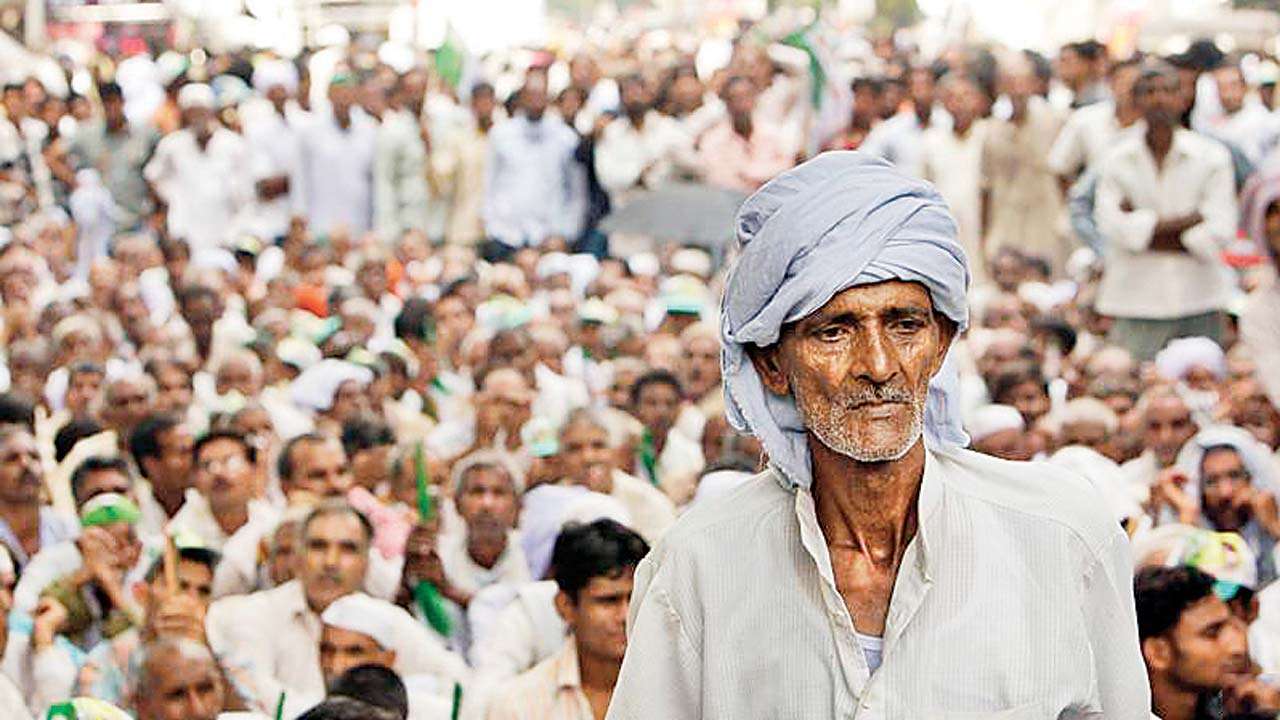Rajkot farmers end 4-day fast, govt assures insurance settlement
They says that farmers are in dire need of money for the sowing season, which has already started

Farmers Picture for representational purpose
Rajkot farmers ended their four-day long fast after government assurance that the process of payment of crop insurance will be expedited. They said that farmers are in dire need of money for the sowing season, which has already started. They said that a large number of farmers have not got insurance settlements for not only for the 2018-19 season but for previous years. With 2018-19 being one of the worst seasons for agriculture, they feel that if farmers cannot get insurance now, what is the likelihood of them getting insurance amounts in normal years?
Eleven leaders of Bharatiya Kisan Sangh (BKS), and trade leaders headed by Saurashtra APMC Vepari Association head Atul Kamani had gone for an indefinite fast on Thursday demanding that crop insurance be paid to cotton farmers of the district, introduce 'Bhavantar' scheme in Gujarat – under which farmers sell in open market and the shortfall in income, compared to MSP will be paid by the government, directly to the farmers.
They also demanded increased rainwater harvesting schemes in the district, saying that for over a decade, no major check-dams have been built. On Sunday, D K Sakhiya, a mediator with the government, local deputy collector and agriculture officer assured the fasting leaders that their demands will be met, following which, they ended their fast.
"We are going by their word. If they backtrack, we will restart over protests," said Dilip Sakhiya, district president of Bharatiya Kisan Sangh (BKS). He added, "In 2016-17 and 2018-19, insurance claims for groundnut have been paid but not for cotton. Bringing private companies in crop insurance is going against the interest of the farmers." He informed that two talukas of the district have been declared drought affected and seven partially affected. However, in many of the villages, no insurance has been paid for groundnut.